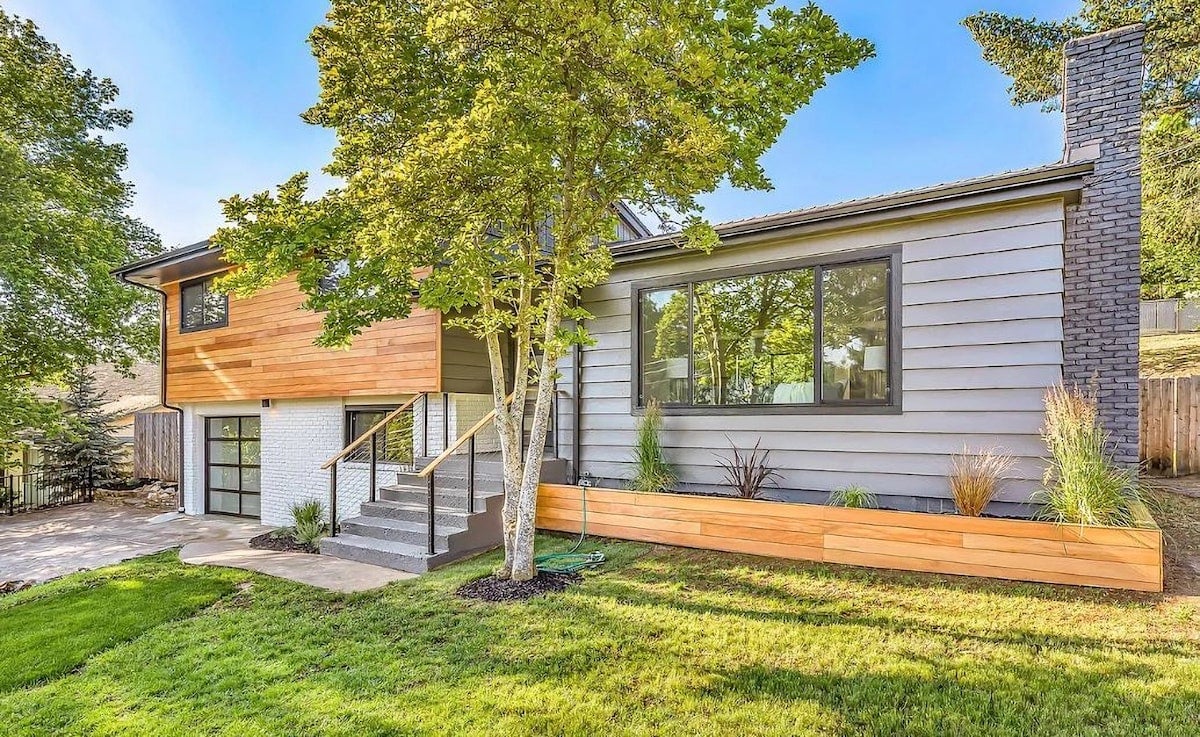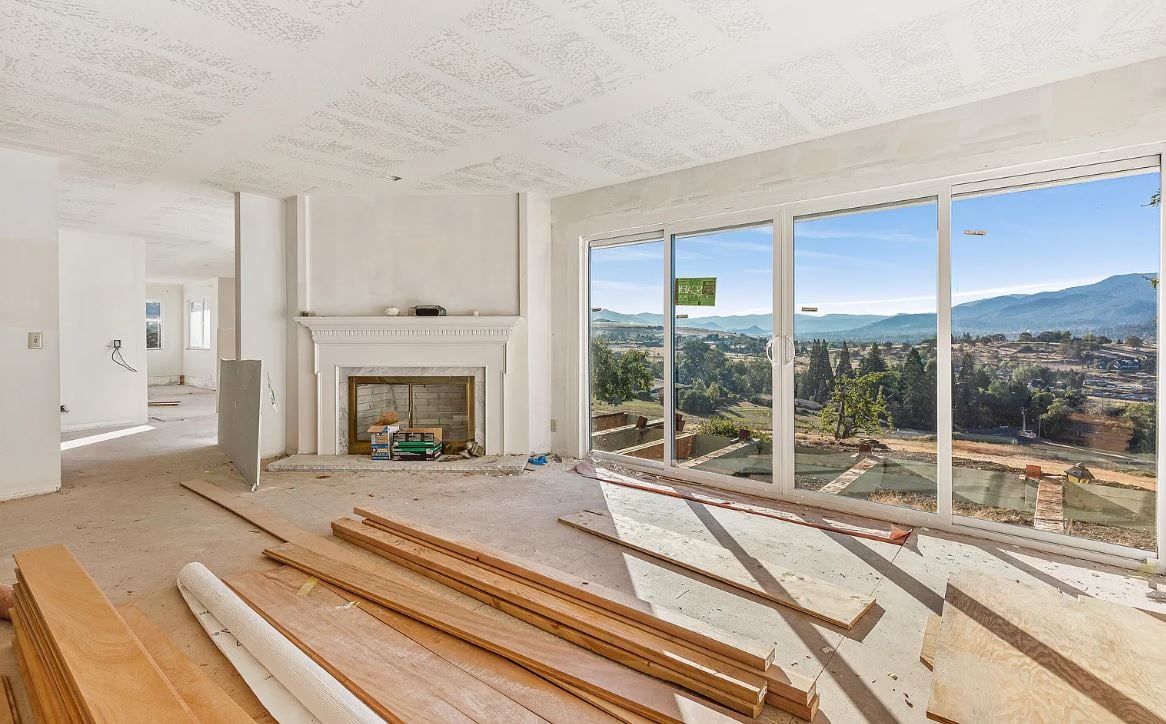If you’re a real estate investor, you’ve probably encountered some challenging financing situations. Since 2013, First Capital Trust Deeds (FCTD) has helped numerous investors find funding solutions for difficult scenarios, through both private money bridge loans and long-term institutional funding.
Below are some loan scenarios FTCD regularly helps our investors solve.
1031 Exchanges
Investors often use hard money loans to execute a tax-deferred 1031 exchange. FCTD has provided private money financing for regular 1031 and reverse 1031 exchanges in several states, helping investors close their transactions ahead of deadline.
Asset-Backed Loans
Hard money loans are technically asset-backed loans. With an asset-backed loan, lenders only factor the “AS-IS” value of the real estate, not the borrower’s credit, capacity or other qualifications. Though uncommon, asset-backed loans can work in the right situation.
Auction.com & Hubzu Financing
Auction.com and Hubzu are very popular websites to acquire fixer-upper properties, and FCTD regularly works with investors who have used these portals.
Bank Statement Loans
Bank statement loan programs are sometimes the best way for a real estate investor or business owner to qualify for a mortgage on their primary residence, second home, or residential rental properties. Real estate investors often experience major year-to-year swings in their personal income, contingent on the number of properties they bought and sold during the year. Bank statement loans allow investors to qualify for conventional and jumbo loans based on their cashflow over their adjusted gross income.
Bankruptcy Buyouts
Many people in bankruptcy want to exit their plans early through a hard money loan. FCTD.com details why private money is likely not the answer — but offers alternative exit strategies to consider.
Foreclosure Auction Financing
FCTD has originated financing for real estate investors who purchase properties on the courthouse steps at the foreclosure auction. This can be an excellent way to acquire properties at a discount.
Foreclosure Bailout
A borrower in foreclosure has a few options – cure the delinquency to reinstate the loan, negotiate a loan modification or forbearance plan, sell the property, or refinance using a hard money loan. At FCTD, we’ll help you understand foreclosure bailout loans from a lender’s perspective, saving you time and energy resolving the foreclosure process.
Foreign National
Foreign nationals are active in U.S. real estate markets. FCTD has worked with several real estate investors from Asian countries, Canada and Mexico on private money bridge loans and long-term bank financing.
Non-Warrantable Condos
Condominiums are considered non-warrantable by Fannie Mae and Freddie Mac when over 35% of the units are rentals, 15% of the owners are delinquent on their HOA dues, or over 25% of the building’s square footage is for commercial space. FCTD has hard money and institutional loan programs for investors to acquire or refinance a non-warrantable condo.
Self-Employed Loans
We know the challenges self-employed real estate investors and business owners face to obtain financing. Qualifying for a mortgage can be difficult. However, FCTD has navigated that course thousands of times, and knows how to get it done.
Seller Financing
Real estate investors often acquire properties through seller financing. FCTD can help them secure a hard money loan in second position, or pay off the seller financing with hard money or long-term bank financing.
Stated Income Loans
Stated income loans exist for very limited situations. Some home buyers will use a stated income consumer bridge loan to acquire a new home before selling their existing home. Business purpose hard money bridge loans on investment properties are considered stated income loans as well.
Unfinanceable Properties
Some properties are in rough shape, to the point where they don’t qualify for conventional financing. You’ll see this in a real estate listing when the agent specifies cash-only offers to purchase the property. Hard money lenders will finance these properties, freeing investors to keep more of their capital on hand for rehab and improvements.
Unpermitted Improvements
Unpermitted improvements happen all the time. Property owners may add square footage or renovate a property without the proper permits. When it’s time to finance the building, the appraisal will not factor in the unpermitted improvements, which might negatively impact the property value. Hard money bridge loans can be a short-term financing solution while the owner obtains the permits to optimize the property value.
Vacation Rental Mortgages
Short-term rentals (STR) and vacation rental financing have come a long way over the past few years. FCTD has several investor clients operating short-term rental businesses. We’ve brokered loans for numerous properties using the rental income from STRs instead of market rents for comparable properties with long-term tenants.
Wholesale Transactions
Wholesalers create a contract with a seller to buy a fixer-upper property, and then reassign the contract, for a fee, to another investor who closes on escrow as the new owner. Or, it’s done through a double escrow, where the wholesaler acquires the property and resells a few hours or days later to another buyer. Hard money lenders commonly finance these wholesale transactions in the niche fix and flip market.



